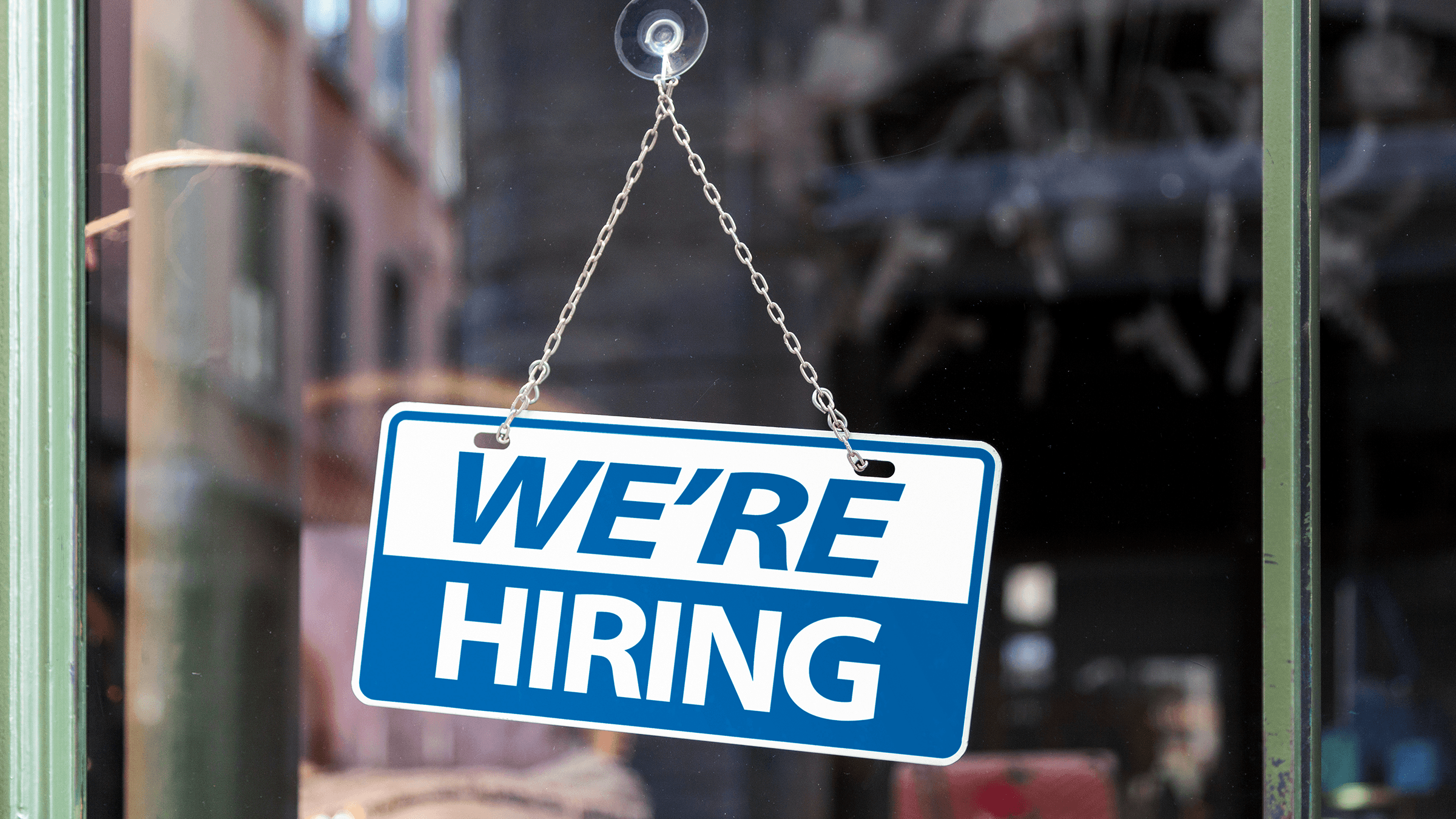Late last year, I had the privilege of taking four months away from work to go on shared parental leave (SPL) with my daughter. Introduced in 2015 by the Conservative/Lib Dem coalition government, SPL was designed as a flagship policy to make parenting – and, therefore, work – more equal between men and women. “We need to challenge the old-fashioned assumption that women will always be the parent that stays at home – many fathers want that option too,” said Nick Clegg on the policy, “[and SPL will] allow couples to make that decision jointly, ensuring all career options remain open to women after pregnancy.”
SPL allows couples who have had a baby, are using a surrogate to have a baby, are adopting a child, or are fostering a child who they plan to adopt, to share up to 50 weeks of statutory leave and 37 weeks of statutory pay between them. After the birth of our daughter, my wife took maternity leave for eight months and then when she returned to work, she passed the baton on to me for the remaining four months before our daughter started at nursery.
The latest available figures show that fewer than 4% of eligible fathers and partners have opted in.
Perhaps unsurprisingly, then, when I told people I was taking SPL, almost everyone asked, “what’s that?”. They might also ask why I wasn’t taking it straight away (SPL is often confused with paternity leave, which is typically – though not necessarily – taken immediately after the birth); they’d tell me it’s great that MBS allows it (it is great that I was supported by MBS, but shared parental leave itself has been a legal right for almost a decade now); or they’d ask me what am I actually going to do all day (look after a baby!).
For us, the motivation to take the SPL route was twofold: firstly, so we both had an early opportunity to form a deep bond with our daughter, and secondly, so that we could have a go at something approaching equal parenting – something we hope will pay dividends over many years to come. Writing this column, I came across this article in the Guardian, where journalist Alex Hern summed it up well in an interview with Rhiannon Lucy Cosslett:
“There’s a huge difference between ‘looking after’ your baby and ‘being in charge of’ your baby, and it was crucial for my relationship with my partner for me to have been in charge of my daughter for long enough that I stopped asking how she had done things, and started doing things my way. It means we’ve come out the other side of leave with an approach to parenting that blends both our experiences.”
“There’s a huge difference between ‘looking after’ your baby and ‘being in charge of’ your baby, and it was crucial for my relationship with my partner for me to have been in charge of my daughter for long enough that I stopped asking how she had done things, and started doing things my way. It means we’ve come out the other side of leave with an approach to parenting that blends both our experiences.”
Once I explained SPL, almost invariably, the next response was “oh, that’s amazing.” I’d hear this a lot in the months that followed during SPL, like when I’d set off with my daughter in the BabyBjorn and our two dogs in tow, and, without fail, at least one passer-by would say “you’ve got your hands full… well done you!”.
That comment always made me laugh because it was probably the setting I felt most comfortable in. More to the point, though, it is noticeable that the same comments would not be made to my wife. It is remarkable how often I would be praised for taking an active role while sitting next to my wife who was the one who had been up half the night without acknowledgment, and in fact she even faced implicit criticism from some quarters for returning to work ‘so early’.
As a society, we have to work at striking a balance between acknowledging all the things mums do while at the same time evolving the issue of over-representation, and moving beyond the assumption that mums will always be the primary caregiver.
Admittedly, I can’t say it materially affected me much, but it was conspicuous that at every turn during SPL I saw parenting at this age represented as mums and babies: from the pictures on the nappy packaging, to the title of our weaning book (What Mommy Makes). I’m still the only dad on the local mum’s WhatsApp group, and my wife still gets the “is your husband babysitting?” question when she travels for work. When I emailed our nursery a question during the settling in process, they replied to my wife, not me. Representation does matter.
I’m still the only dad on the local mum’s WhatsApp group, and my wife still gets the “is your husband babysitting?” question when she travels for work. When I emailed our nursery a question during the settling in process, they replied to my wife, not me. Representation does matter.
The whole period was one of the greatest privileges of my life, and one of the few experiences that is truly irreplaceable. But of course, it was also hard. Even though I saw firsthand what my wife was going through during maternity leave, and I thought that I ‘got it’, I quickly discovered it’s not the same as feeling it. I now realise that, despite being professionally and personally interested in this topic for many years, I had never heard a mother talk about what maternity leave is really like. Clearly, I must never have asked.
In practice, it’s full of contradictions. At times, especially when you’re used to spending your days talking to people (who talk back to you), it can feel very lonely – and yet, you never really get a moment to yourself. The days are lightning fast, but the minutes are long. And there’s a real disconnect to grapple with, when your partner talks to you about the objectively really difficult and important problem they’re trying to solve at work, but all you can think is “yeah, but tomorrow I’m going to need to make sure the baby has a snack between her doctor’s appointment and Mini Mozart and I don’t have anything”. I’d never heard anybody speak candidly about the temporary loss of identity, the change of routine, and the feeling of missing what’s going on at work, hoping your team and colleagues are ok.
SPL is by no means a perfect system, and there are broad calls for it to be reformed. The lack of awareness I experienced and the low take-up by new parents certainly indicate there is room for improvement. How you might do that is a debate for another day, but I do offer two observations:
Firstly, in its current form, it relies on your partner ‘giving up’ their own time. Some say it would be better described as transferable parental leave. I know that the time my wife sacrificed for me to be with our daughter will always be the greatest gift she can ever give me – but what a shame it is for society to deny dads who want to do the same the chance. Sadly, I know many who would have liked to take more time off but felt they couldn’t.
Secondly, while there are big issues that need to be solved at a societal and political level, I strongly believe that business can drive the agenda here, and it’s been encouraging to see companies evolve their policies in the last few years (as outlined by WiHTL, for example, John Lewis recently introduced a raft of new initiatives to promote more equal parenting structures). At MBS, we think a lot about how businesses need to adapt to serve new generations of consumers, and given that the birthrate in the UK has been falling since 2010, those businesses that are really focused on the long term will be concerned not just about future consumer’s changing habits, but their number too.
At a time when living costs like rent and house prices make double incomes not just common but a necessity, structural things like parental leave, childcare and – to a lesser degree post-pandemic – flexible working haven’t kept pace.










